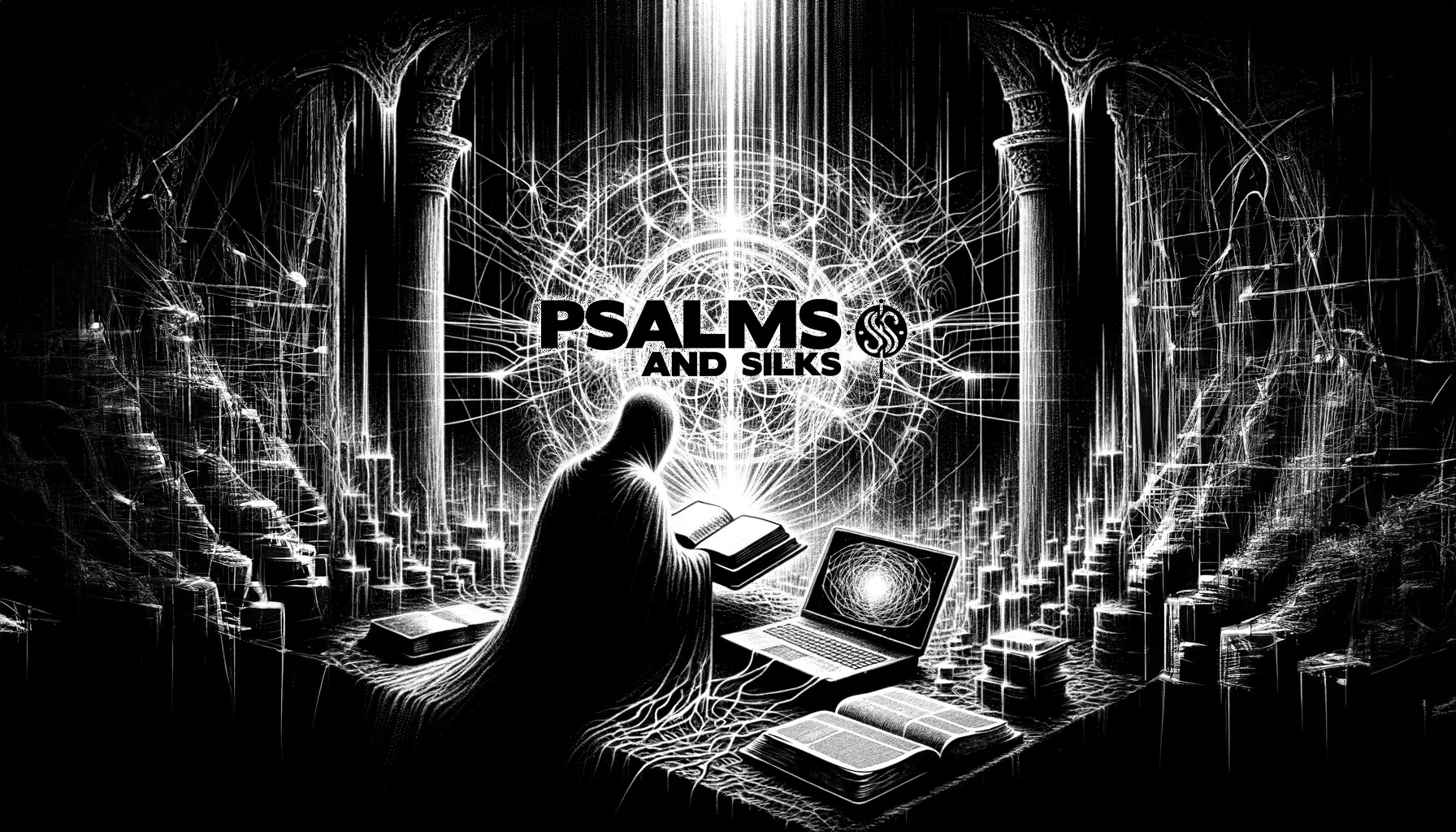
Navigating the Intersection of Faith and AI: Understanding Diverse Perspectives
In an era where artificial intelligence (AI) has become a prominent fixture of technological advancement, its reception varies greatly, particularly within religious communities. Among fundamentalist Christians, including some within the Seventh-day Adventist tradition, perspectives on AI can range from cautious acceptance to outright opposition. This blog aims to explore the reasons behind such skepticism, discuss potential harms, and acknowledge the benefits of AI.
Understanding the Skepticism:
For certain fundamentalist Christians, AI is seen as more than a mere technological development; it represents a challenge to spiritual and moral values. This perspective is influenced by:
- Theological Concerns: AI’s ability to mimic human thought is sometimes viewed as encroaching on divine territory, blurring the lines between human and divine creation.
- Ethical Dilemmas: The lack of inherent moral understanding in AI raises questions about its capability to make decisions in areas that require empathy and ethical judgement.
- Information Control: With AI and digital technology playing a significant role in information dissemination, there’s a concern that these technologies might limit exposure to diverse viewpoints, potentially leading to intellectual or spiritual manipulation.
- Apocalyptic Fears: In some Christian eschatological interpretations, advanced technology is viewed as a precursor to end-time events, creating apprehension about AI’s role in fulfilling prophetic narratives.
Potential Harms of AI: Concerns about AI extend beyond religious contexts. Notable issues include:
- Privacy and Surveillance: AI’s involvement in data collection and surveillance raises significant privacy concerns.
- Job Displacement: Automation and AI can replace human labor, leading to economic and social upheaval.
- Bias and Discrimination: If not carefully designed and monitored, AI systems can perpetuate societal biases.
Exploring the Belief in Satanic Influence:
Some fundamentalist Christians believe AI is influenced by Satanic forces, used as a tool to manipulate and control the masses, straying them from traditional values and potentially salvation. This belief is often intertwined with the narrative of a cosmic struggle between good and evil, with AI’s advancement seen as fulfilling end-time prophecies. While not a universal view, it highlights the deep impact of religious beliefs on technology acceptance.
The Pros of AI: Despite the concerns, AI offers several benefits:
- Medical Advances: AI significantly aids medical research, improving diagnostics and treatments.
- Environmental Benefits: AI assists in monitoring and addressing climate change and environmental degradation.
- Efficiency and Innovation: AI enhances efficiency across various sectors, fostering innovation.
Conclusion:
Understanding the diverse perspectives on AI, especially within religious communities, is key in ethically integrating it into society. Balancing concerns rooted in faith with the potential benefits AI offers can help develop technologies that respect human values and contribute positively to society. Through dialogue and understanding, we can ensure AI aligns with the diverse needs and values of our global community, including faith-based groups.




